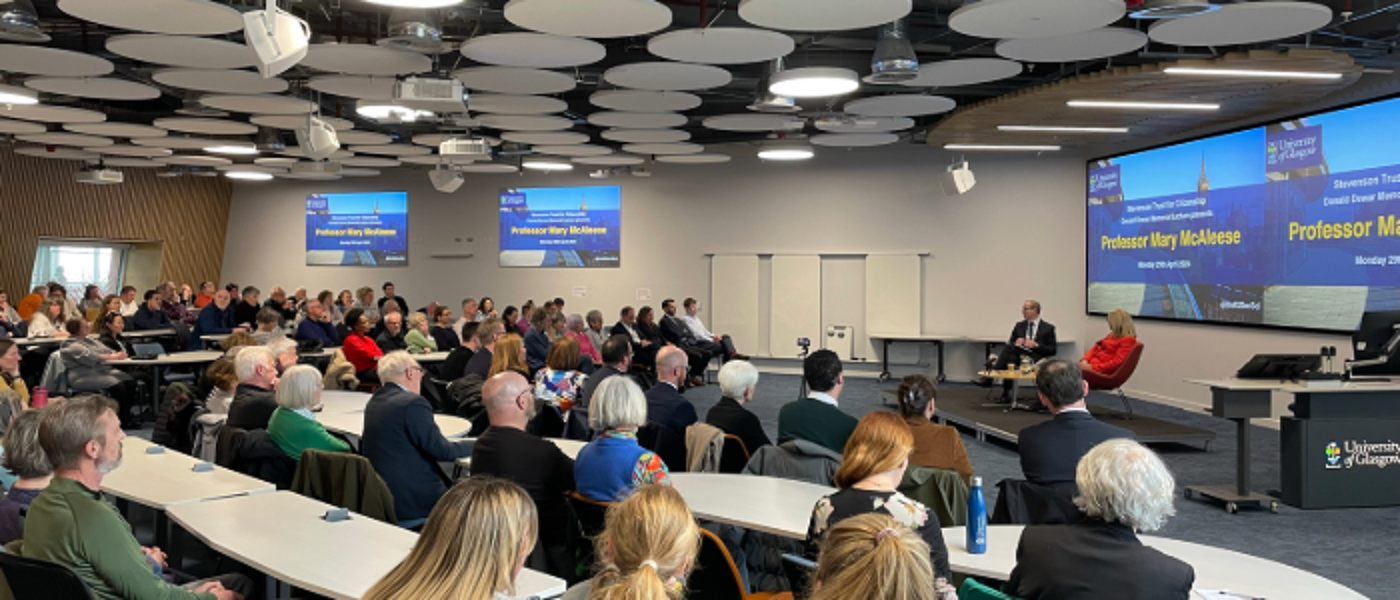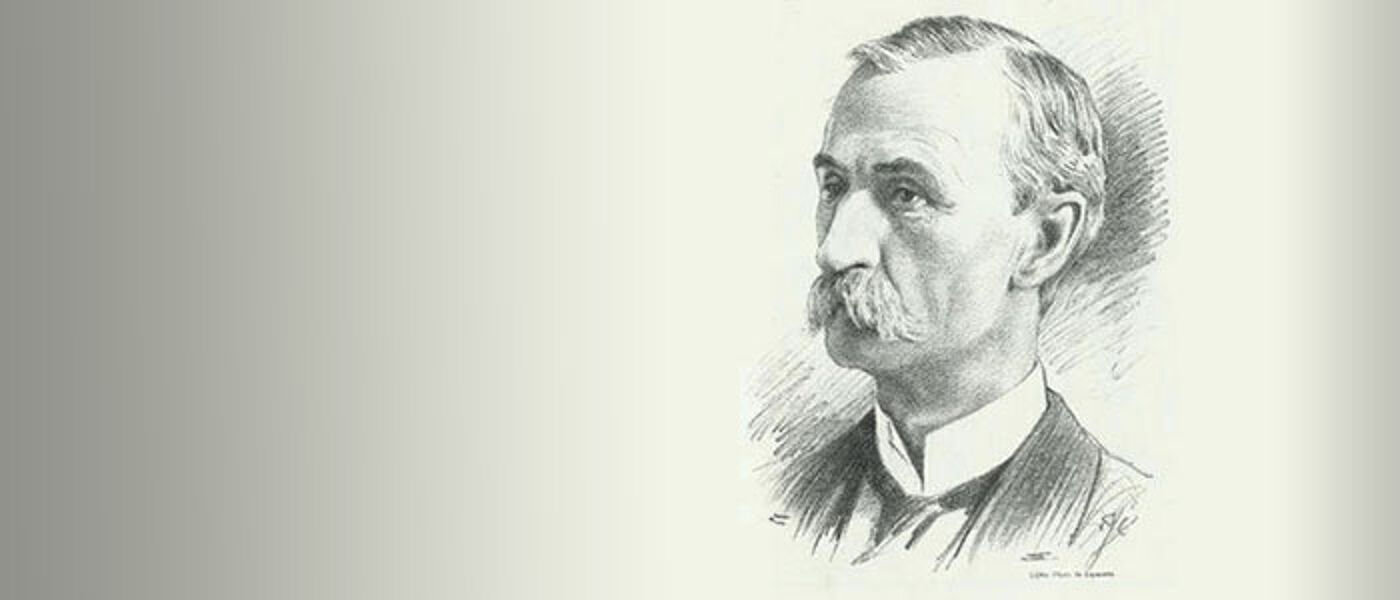Empowering Citizens Through Education and Research
The Stevenson Trust for Citizenship was founded in 1921 through a bequest from Sir Daniel Macaulay Stevenson, a Glasgow-born engineer, politician, and philanthropist.
The Trust aims to provide education on civic rights and responsibilities at local, national, and international levels, encourage research into governance and political structures, and promote the idea that local and national patriotism can coexist with international cooperation.
Keep up to date
News & upcoming events
-
04 NovDavid McGill, Clerk and Chief Executive of the Scottish Parliament, reflects on its past.
-
16 Oct
From Microtargeting to Misinformation: The Political Power of Generative AI
Dr Viorela Dan, from the University of Innsbruck, discusses how AI can affect politics. -
28 May
One Year Out: The outlook for the 2026 Holyrood election
The Scottish Election Study’s team of researchers presented insights from their SCOOP data series to assess the prospects for the 2026 Holyrood elections.




